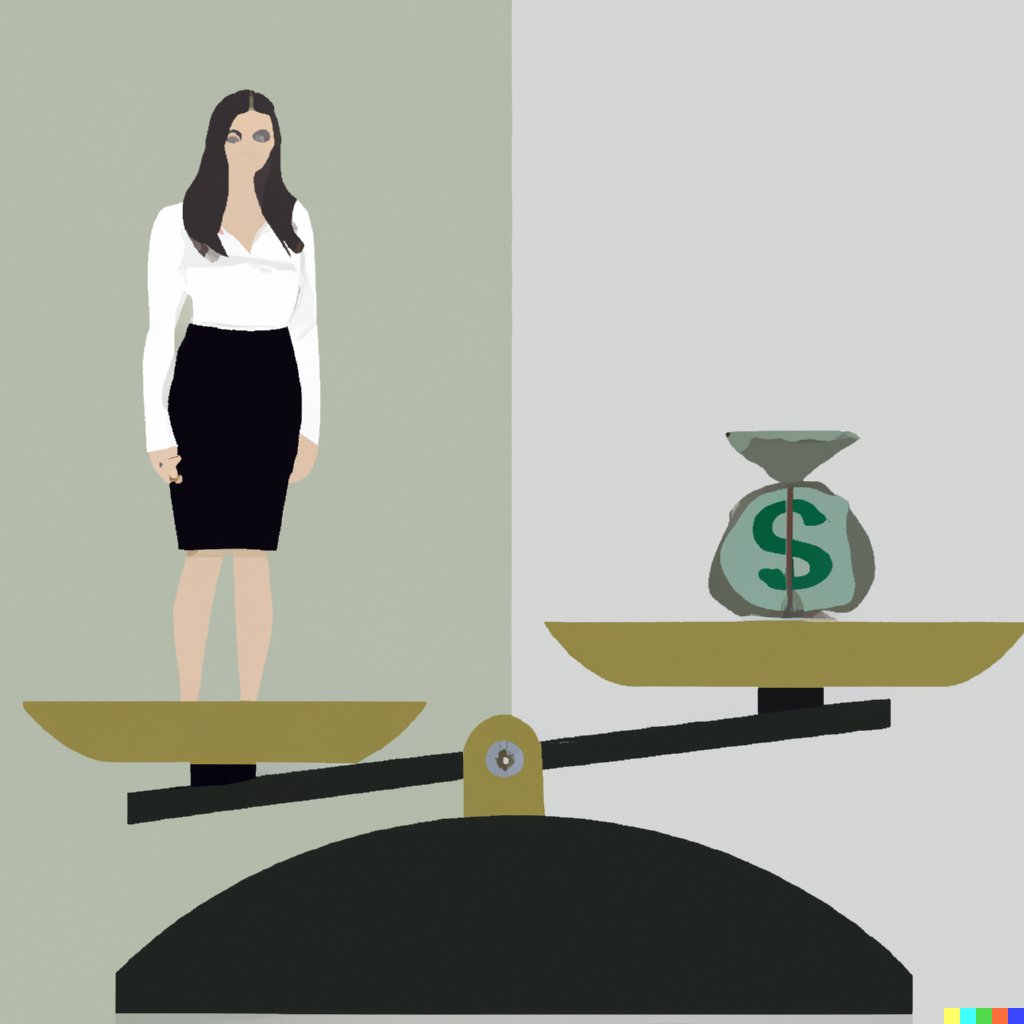
Economist | Professor @BerkeleyHaas | Scholar @amazon | Co-Editor @JPubEcon | He/El | Cumbiero | 🇦🇷
How to get URL link on X (Twitter) App


 The tool uses data from 8 public universities (e.g., UC-Berkeley, UCLA, University of Michigan).
The tool uses data from 8 public universities (e.g., UC-Berkeley, UCLA, University of Michigan).
